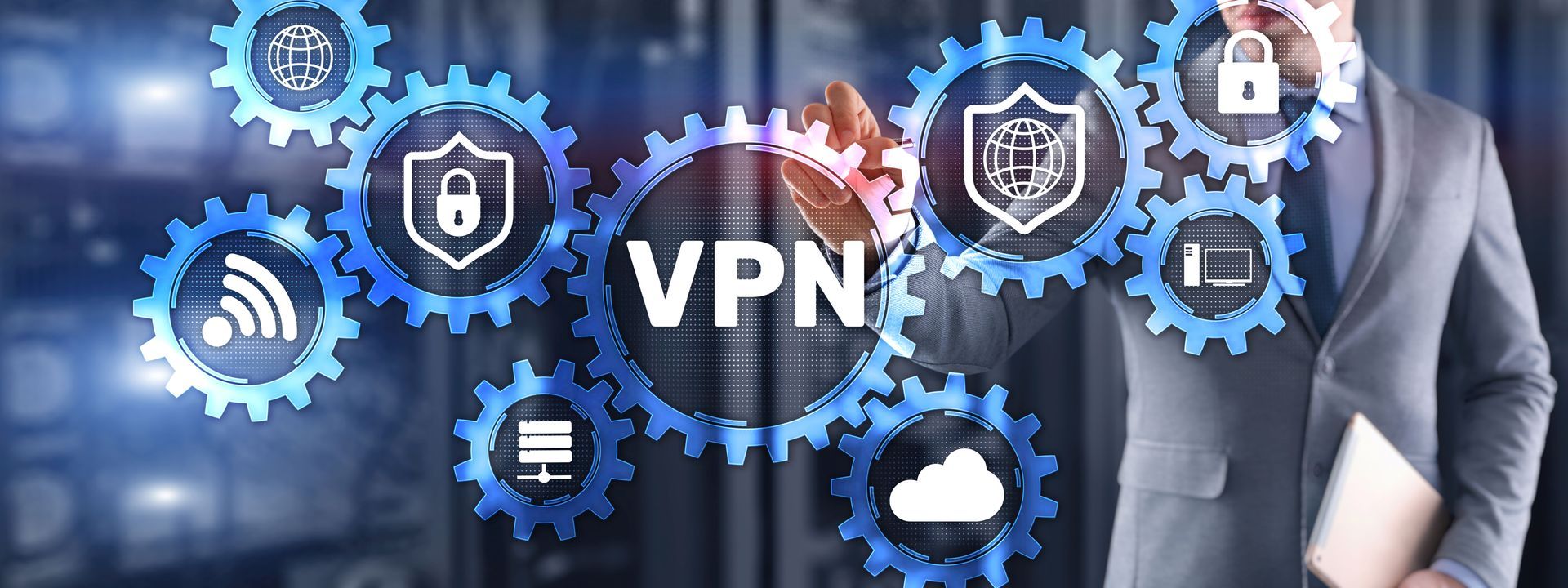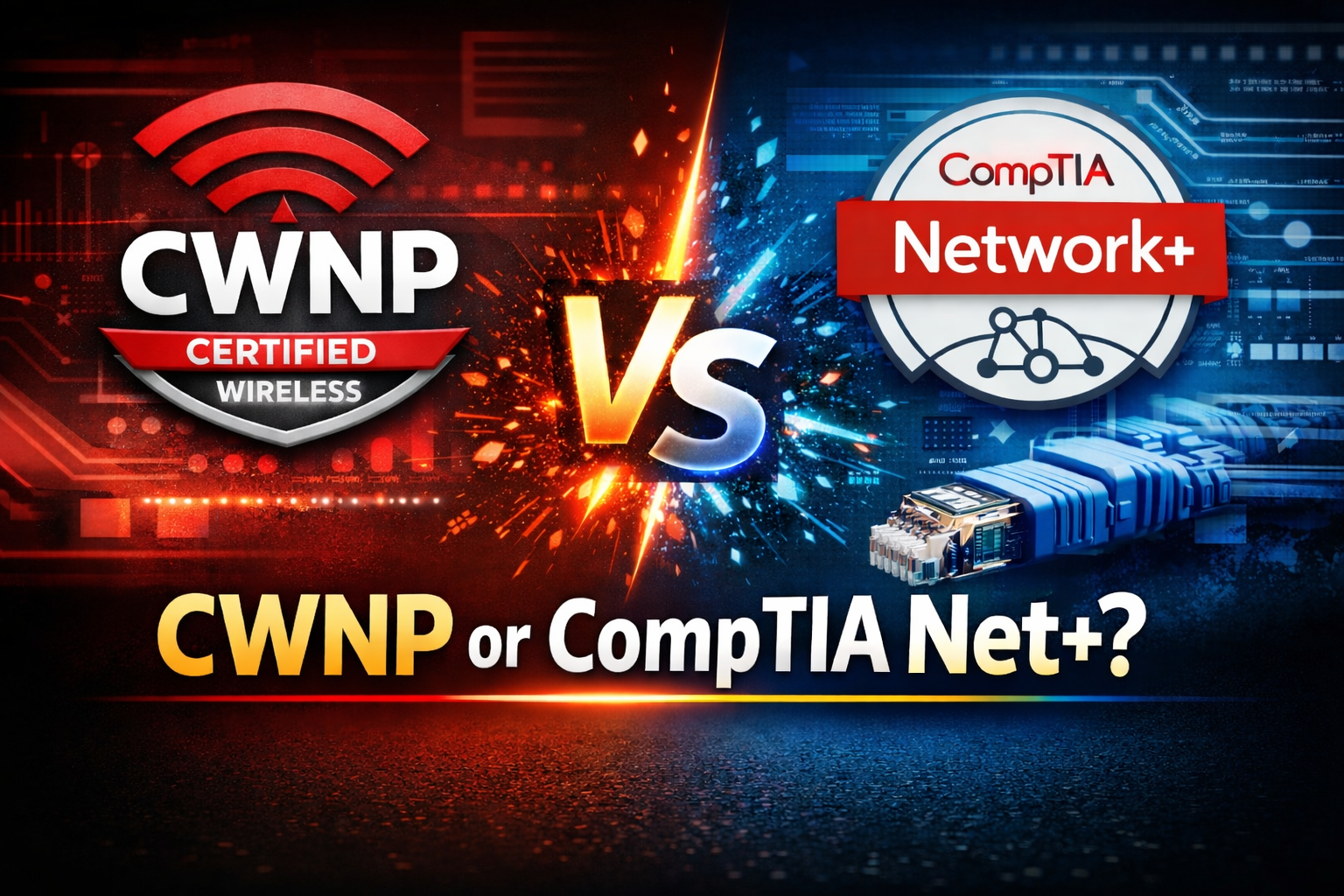All I want for Christmas are some home Mesh APs
All I want for Christmas are some home Mesh APs…
Well, it’s getting close to Christmas. You’re getting excited, you’ve been really good this year, and you’re hoping Santa will bring you a nice home Mesh network system for Christmas!
Many Vendors are now selling home Mesh systems which operate by connecting wirelessly to each other. This sounds great, because we all have that one area in the house where signal is always difficult.
Just Drop in a Home Mesh AP node to boost your signal
This is not a problem any more: just drop in a Mesh AP node and it will “boost” your signal by connecting “back” to the main node AP… wirelessly. Problem solved!
You may have read my previous blog about Mesh speed calculations . Don’t get me wrong, it sounds a little pessimistic, but the home Mesh APs actually come with a lot of technology to help get you up and running. Usually, they offer a connection to you on one radio, and connect back to the main node AP on a different radio (tri-radio APs).
(UPDATE December 2020: I am going to go do some research on these new tri-radio APs and get back to you with my findings. So, watch this space, for an update on home Mesh coming in 2021.)
Merry Christmas everybody, and a Happy New Year!
If you are looking to make your mark in the IT Industry, then NC-Expert offers excellent training courses aimed at relevant IT industry certifications – contact us today to get started.
NC-Expert Blog






